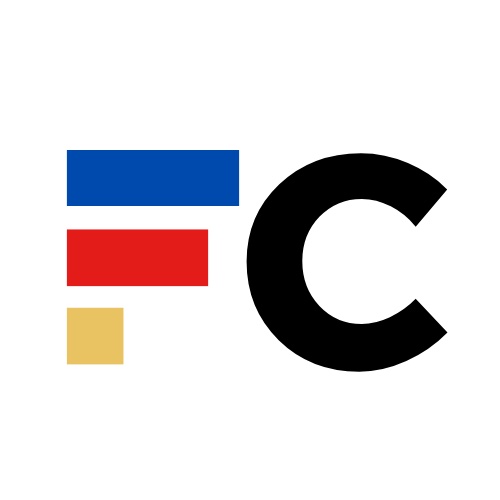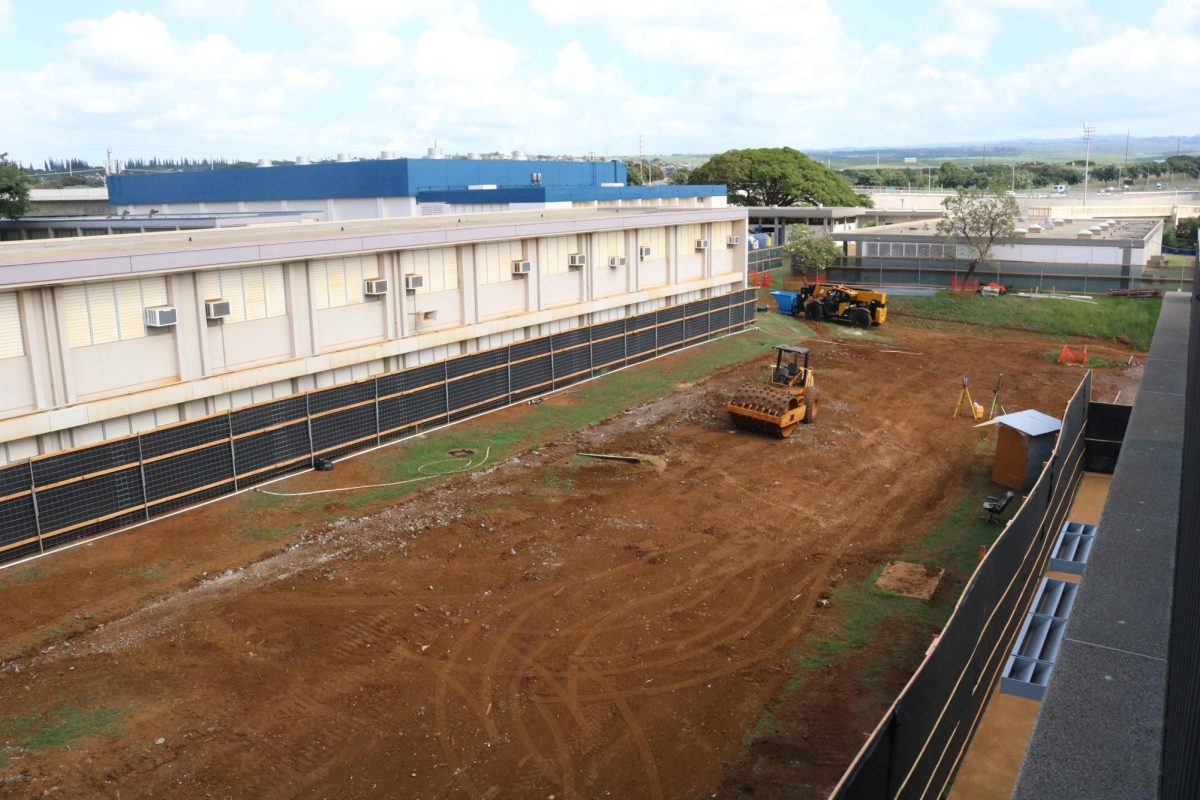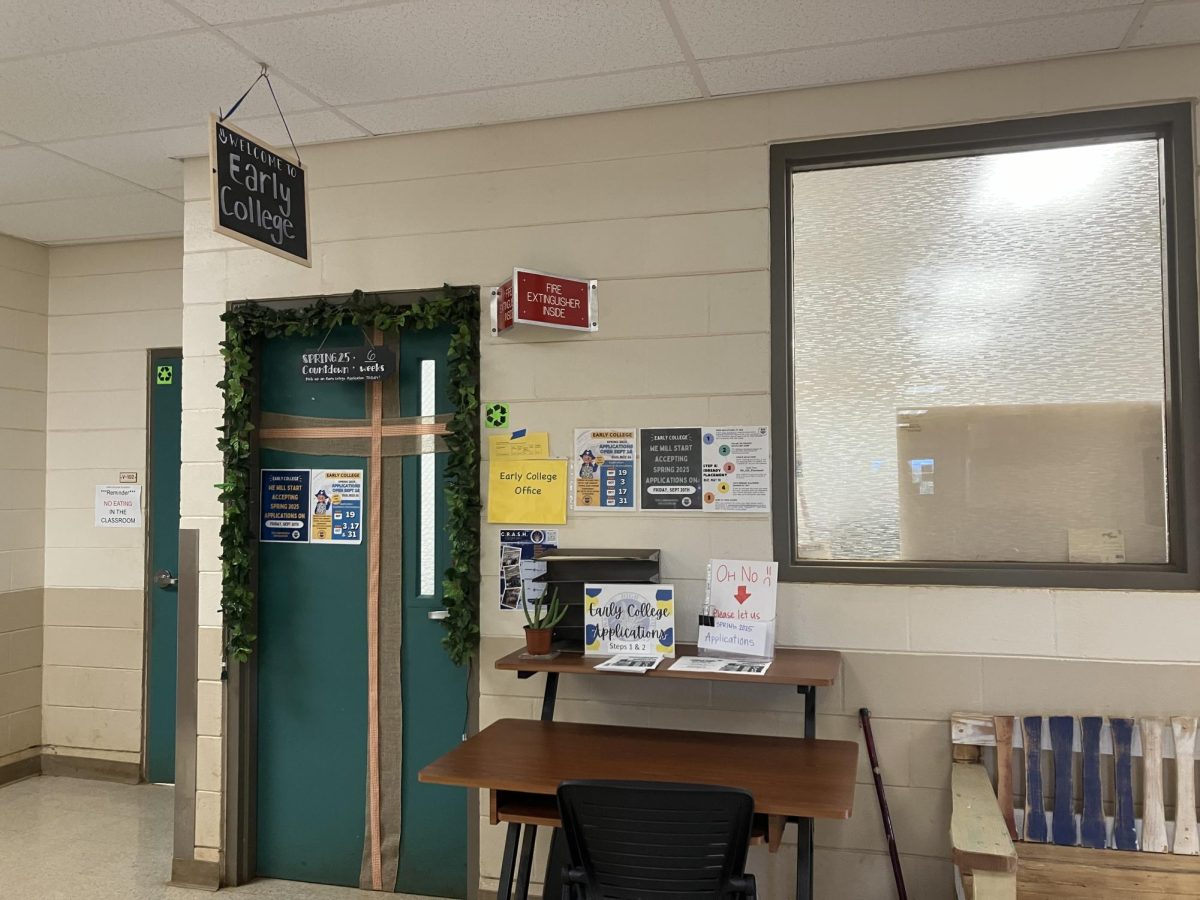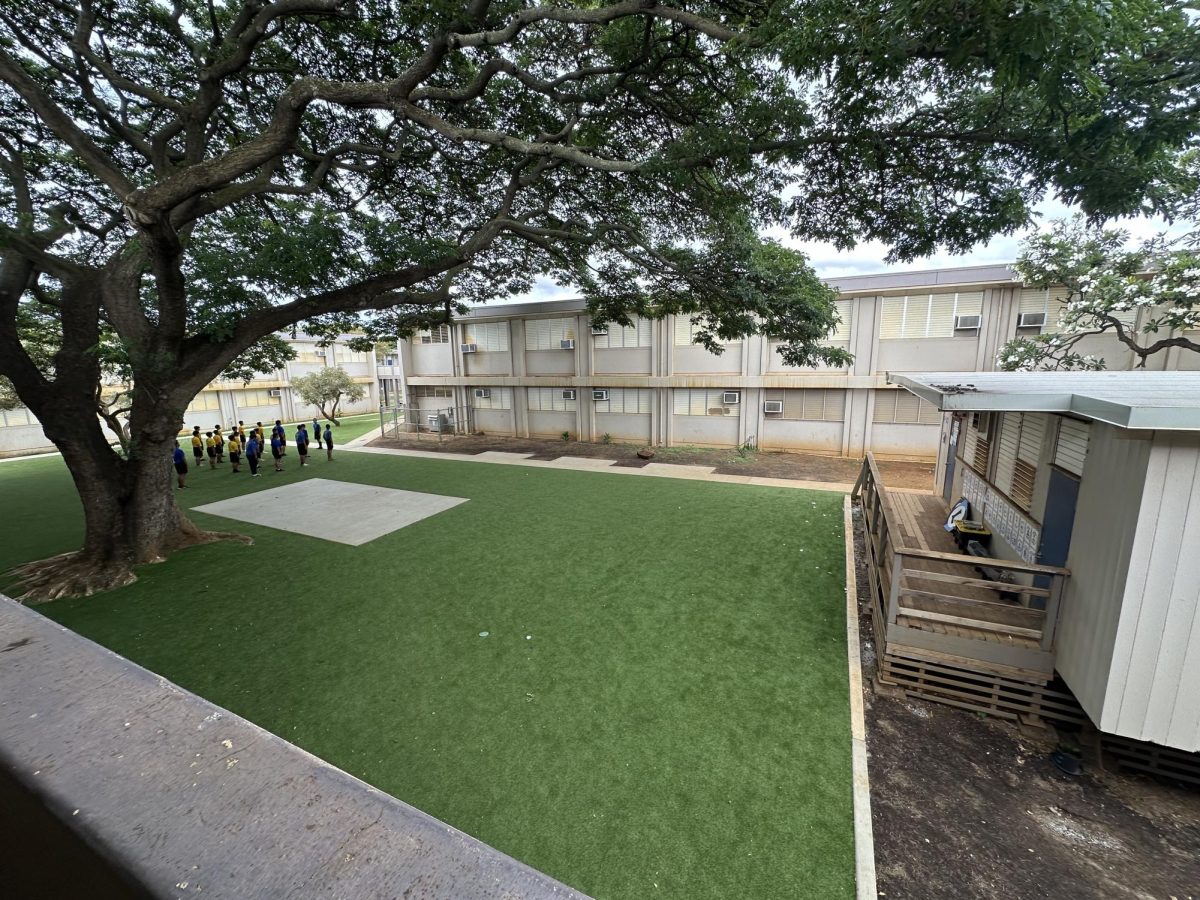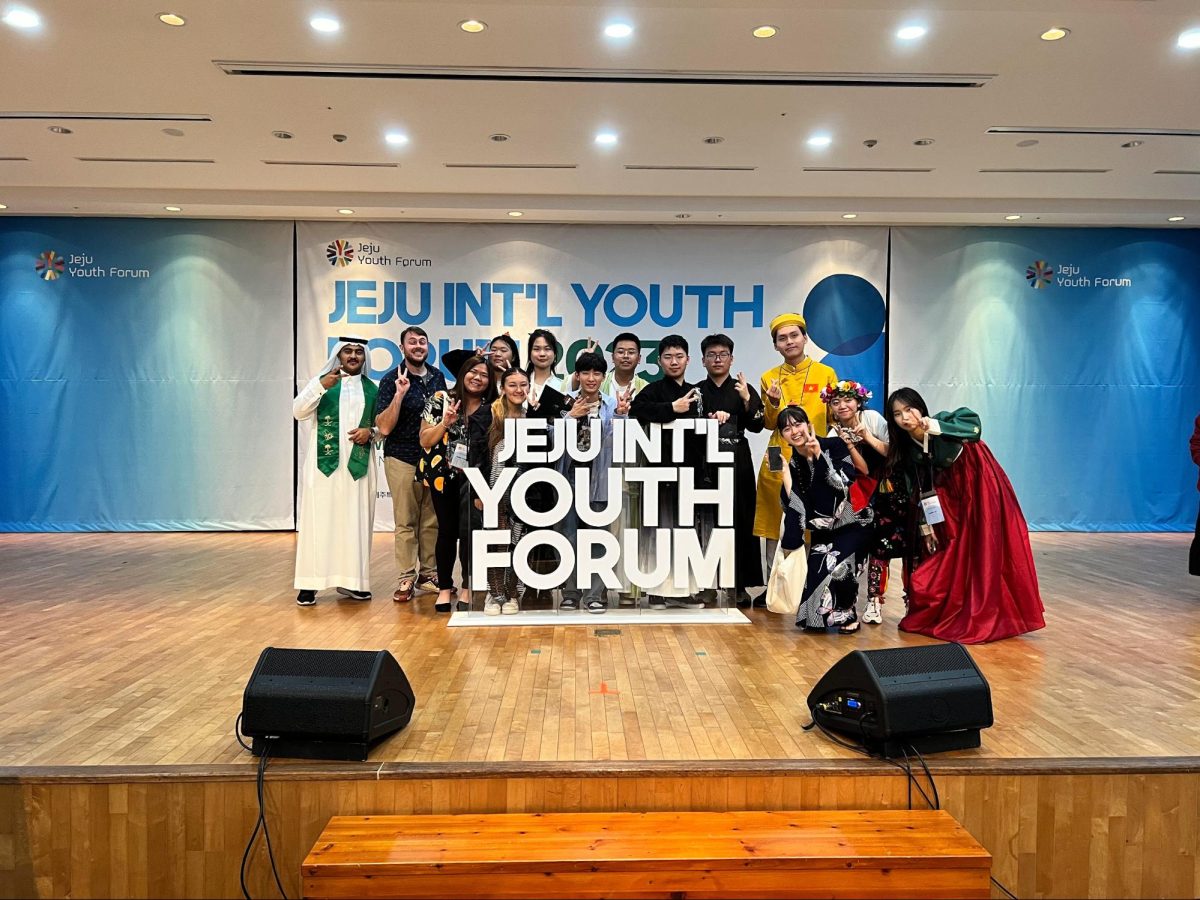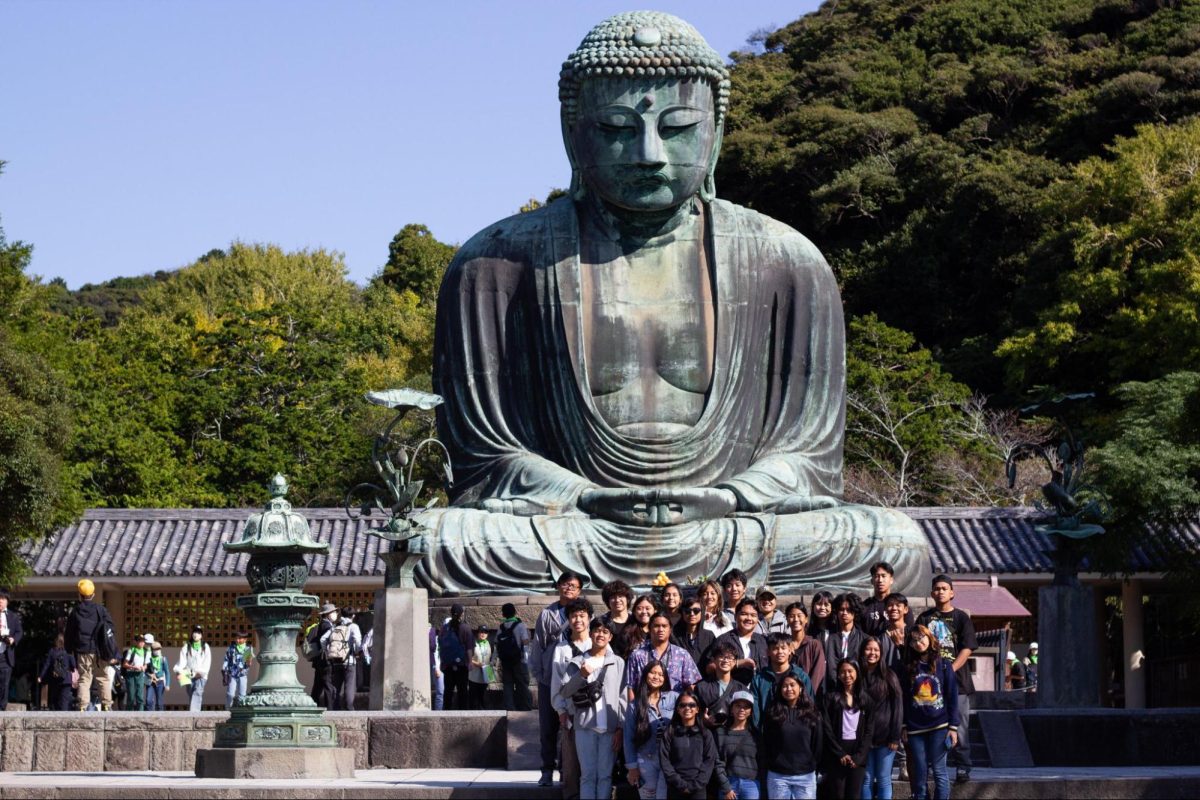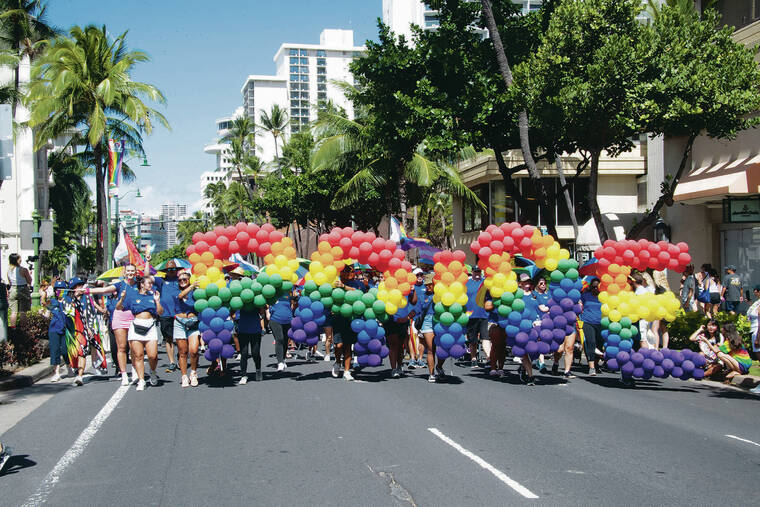The Filipino Curriculum Project (FCP) was founded in 2021 by then-sophomore in high school, Marissa Halagao, and four other students from various Hawai’i Department of Education (HIDOE) Schools. This initiative has been in the works for more than two years now. Students within the project are feeling pride and joy as this is a stepping stone toward shining light on the rich history of Filipinos both in the motherland and in the US.
The curriculum, officially known as CHR 2300 Filipino Hist Cult, is now available for students from select schools to register for in the Fall of 2023 and be taught in Fall of 2024. However, the course has been approved for all Hawai’i public schools to adopt and apply to their curriculum. Students can look forward to learning many different aspects of Filipino History and Culture through the different and newly developed themes, such as; Identity, Historical Interactions and Developments, Culture and Connections, Filipinos in Hawai’i and in the US, The Philippines in an Interconnected World, and Community Engagement and Civic Action. These units are meant to allow students to not only learn more about who they are, but also give them a sense of pride in their history.
Waipahu High School, the home of the Marauders, is one of the many schools that has agreed to sponsor and adopt the curriculum. Waipahu High School is now on the path to offer CHR 2300 Filipino Hist Cult in the Fall of 2024. With this sponsorship and support, the curriculum is now going under the process of credit pairing within Waipahu High School and Professional Development for educators are now in the planning stages.
Mr. Algerico Uganiza Jr, Assistant Principal for the Academy of Industrial and Engineering Technology at Waipahu High School, speaks with excitement about his feelings toward the approval of the curriculum.
“..this course will give Filipino and Non-Filipino students, and community members an opportunity to learn about Waipahu and their people,” said Uganiza.
He goes on to say that he wished there was a course like this back when he was in high school but, now that there is, Uganiza feels glad there is one ready for his daughter, who serves as one of his main motivations in lending a hand in this course, to take and learn from when the time comes. Uganiza feels hopeful that Filipino and Non-Filipino students and educators see this course as a way to dig deeper into who they are as Filipinos and what it means to be Filipino. He hopes this course inspires others to build bonds regardless of what cultural background they have.
Marissa Halago, founder of the Filipino Curriculum Project and now a college freshman at Yale University, also feels overjoyed more than ever before, now that the curriculum has finally been approved after years of advocating, sharing, and connecting.
“I’m so proud of this entire team for fighting for Filipino representation even though we may not experience it ourselves in a classroom, but for the sake of future Filipino students who have never seen their histories reflected positively in the curriculum,” Halago mentioned.
She goes on to say that this course is far from your ordinary history class. It is a course everyone should enroll in to gain more knowledge and to connect with one another.
“I encourage all students, Filipino or not, to take this course, to learn about and feel connected to a large part of our community and participate in an engaging and fun class centered on critical thinking and social justice.”
Now that the course has been approved, the student collaborative team is now working on different projects to promote the course to different public and private high schools and to further the recognition of Filipino history within the classroom setting. The student-led initiative is now working on their own book series with guidance by Elizabeth Jiménez Salinas, CEO of GEMAS Consulting, who also helped with Waipahu High School’s Rising From Our Roots project that involved the school’s EL students– many of whom were of immigrant Filipino background. The book series is hoped to be seen as a resource for educators to use within their classroom. The student collaborators have been focusing on advertising the curriculum in many different ways such as speaking at different events and networking with different educators. Raymart Billote, one of the first five student collaborators and a proud alumni of Waipahu High School, speaks out on his feelings for this curriculum as he has been involved from the very beginning.
“The whole purpose of the Filipino Curriculum Project with CHR 2300 Filipino History Culture course has always been to provide the representation that most Filipino have always been missing.” Billote mentioned.
The Filipino Curriculum Project encourages everyone, Filipino or Non-Filipino, student or educator to seek interest in taking this course or teaching this course.
In the kind words of Halagao,
“‘Filipino History Culture’ has room for all students and educators to explore their identities and perspectives.”

